Differences Between Bio Digesters and Septic Tanks
Although bio digesters and septic tanks have a few similarities, they differ in several aspects.
Bio digesters use microorganisms to break down organic waste and turn it into water, carbon dioxide, and methane, while septic tanks separate solids from liquids, allowing the liquids to be discharged into a drain field.
Bio digesters are compact and take up less space than septic tanks, making them ideal for smaller properties. Septic tanks, on the other hand, require more space and are typically installed in larger properties.
Bio digesters are designed to be odorless, while septic tanks can produce foul odors, especially when they are not adequately maintained.
Bio digesters are more expensive to install than septic tanks, primarily because they require specialized knowledge and expertise.
Bio digesters require less maintenance than septic tanks, primarily because they use microorganisms to break down waste, eliminating the need for regular pumping. Septic tanks, on the other hand, require regular pumping to remove the accumulated solids.
Bio digesters have a longer lifespan than septic tanks, primarily because they are less prone to damage and require less maintenance.
Environmental Impact
If you are an environmentally conscious homeowner, then a bio digester is the ideal wastewater treatment system for you.
Bio digesters produce minimal greenhouse gas emissions, and they are eco-friendly. They are designed to treat wastewater without harming the environment.
On the other hand, septic tanks can be harmful to the environment if they are not properly maintained.
When a septic tank overflows or leaks, it can contaminate the soil and groundwater, which can lead to environmental degradation.

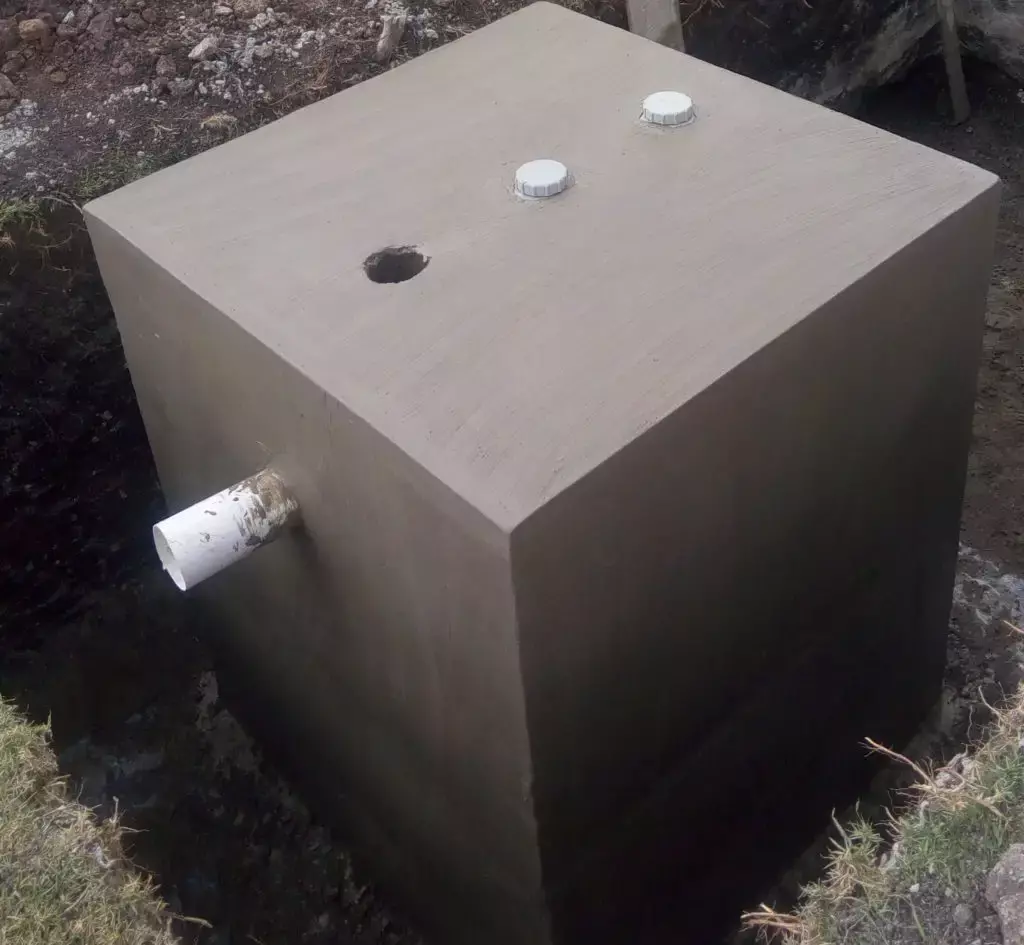


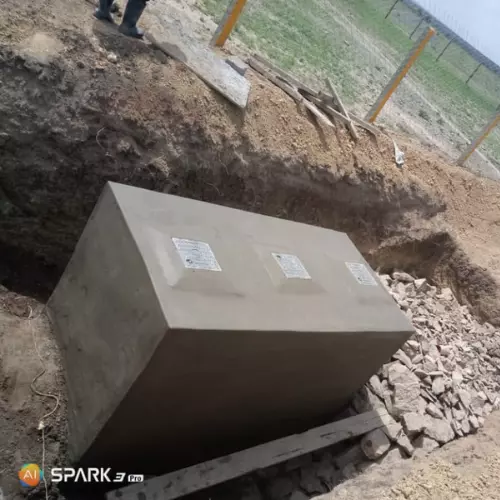
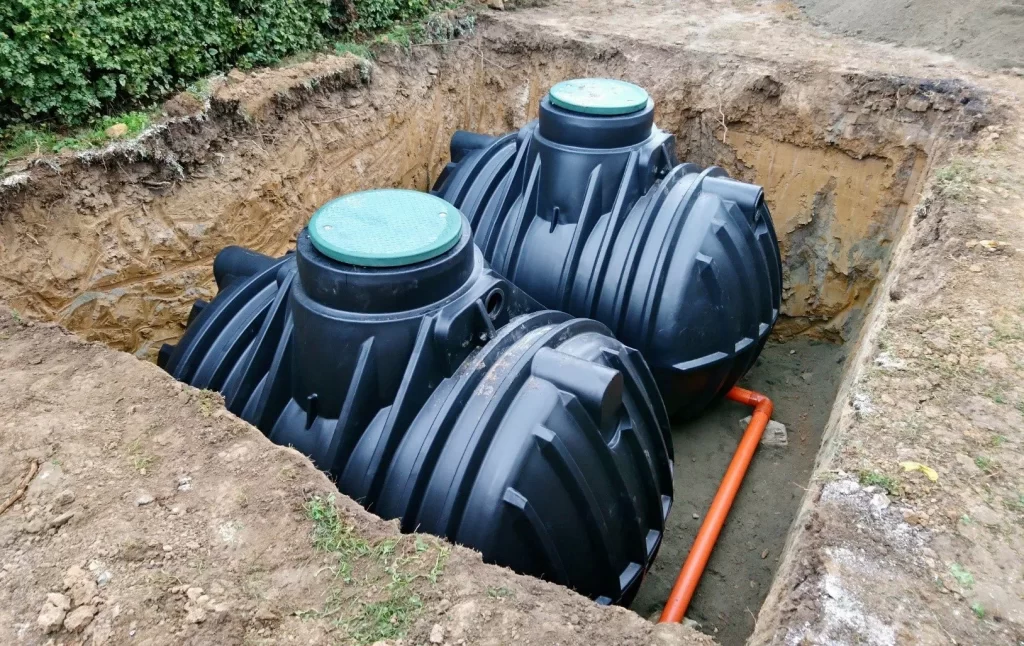








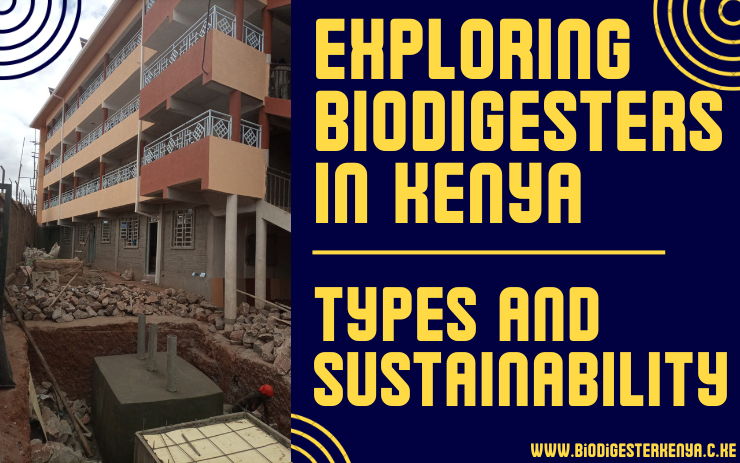





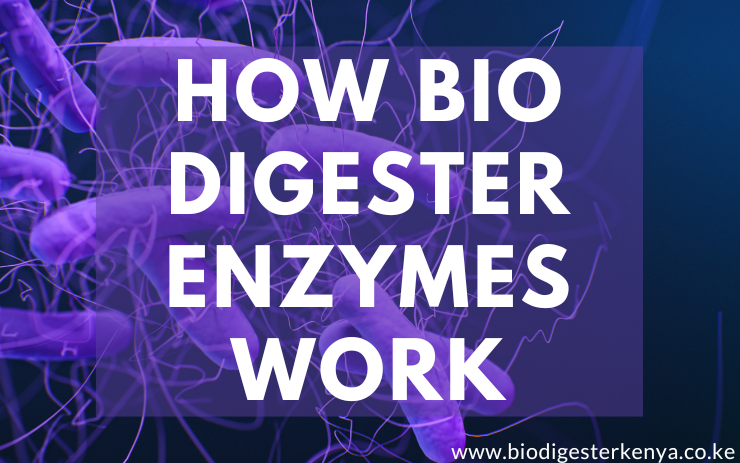




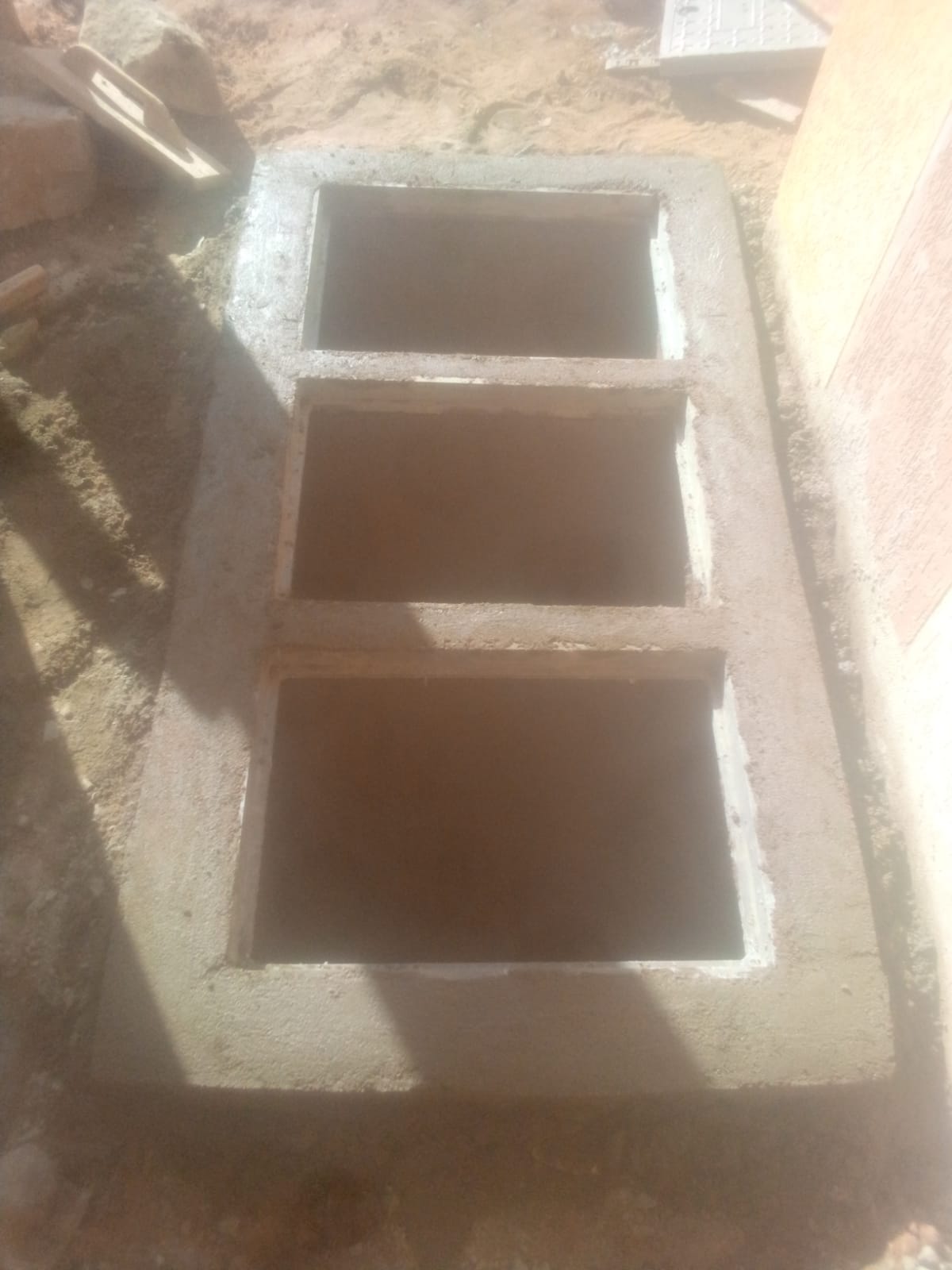


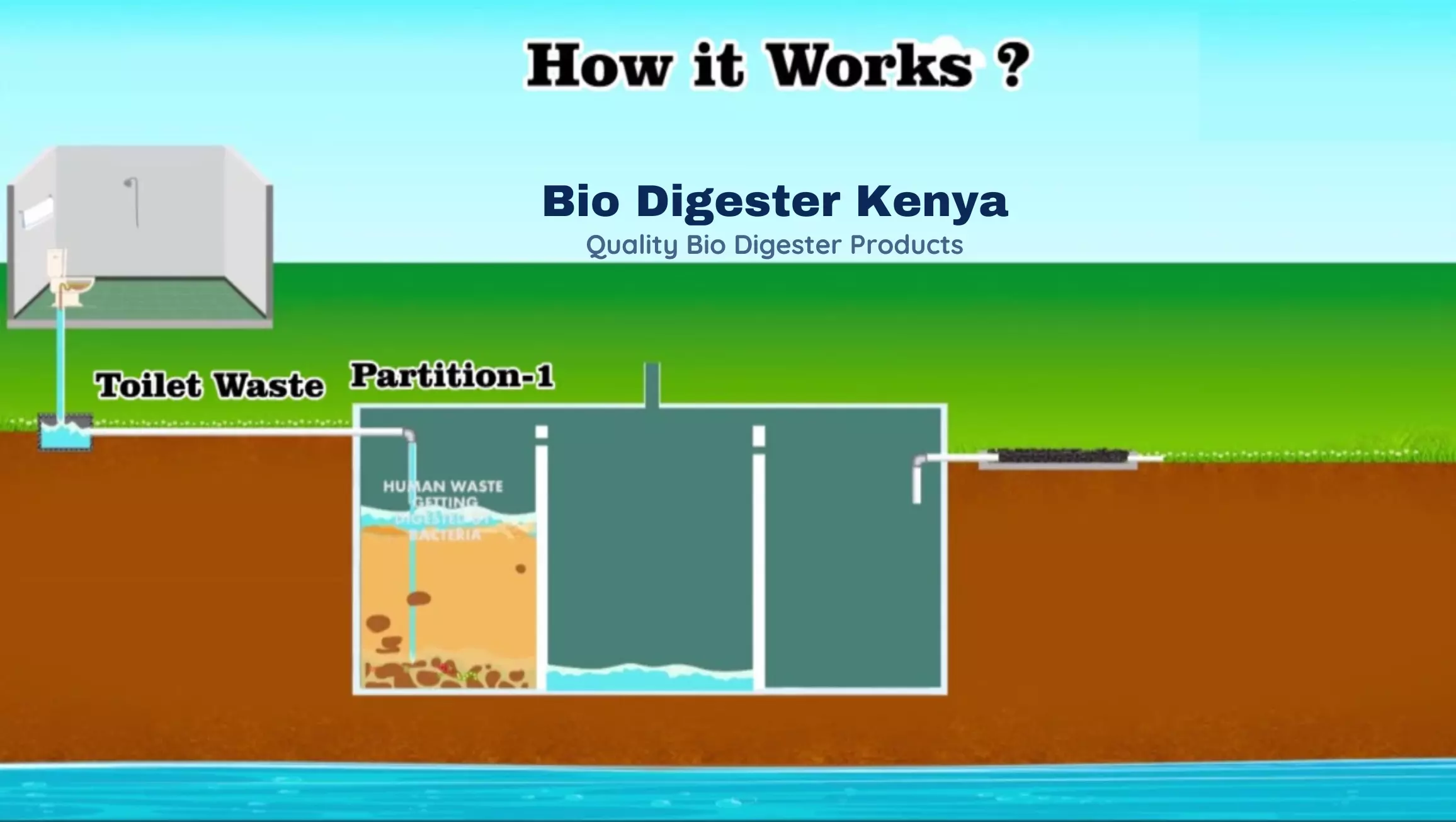
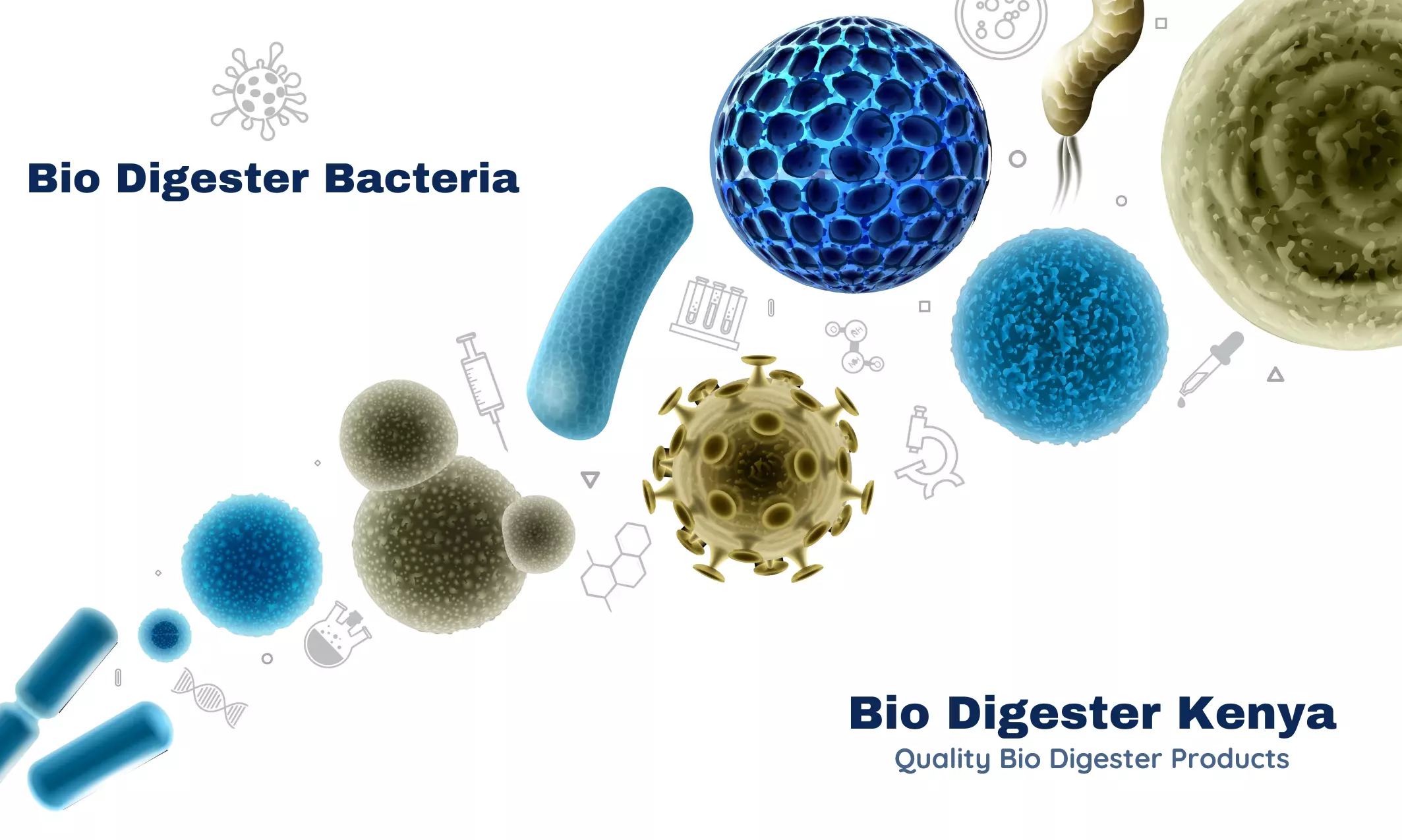
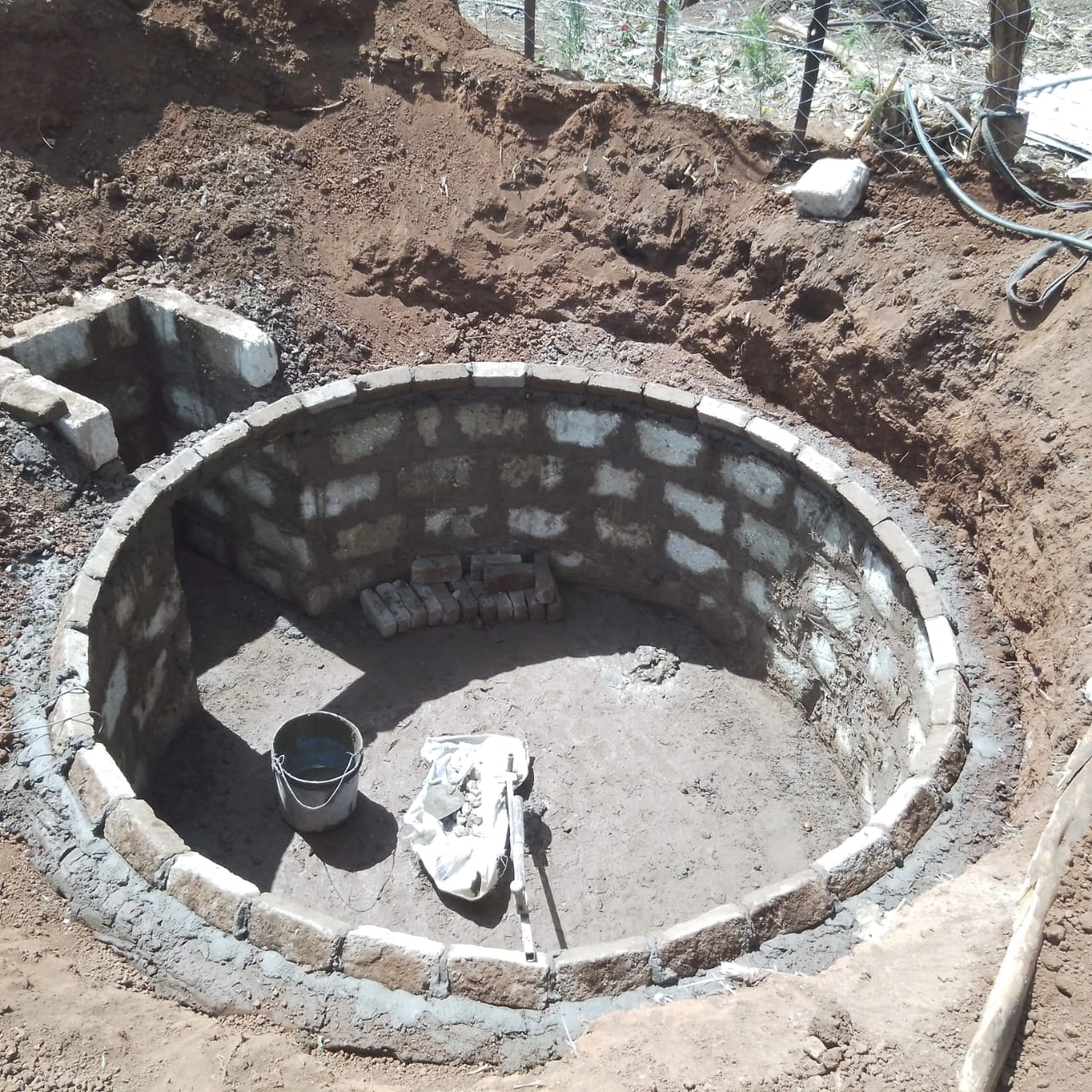
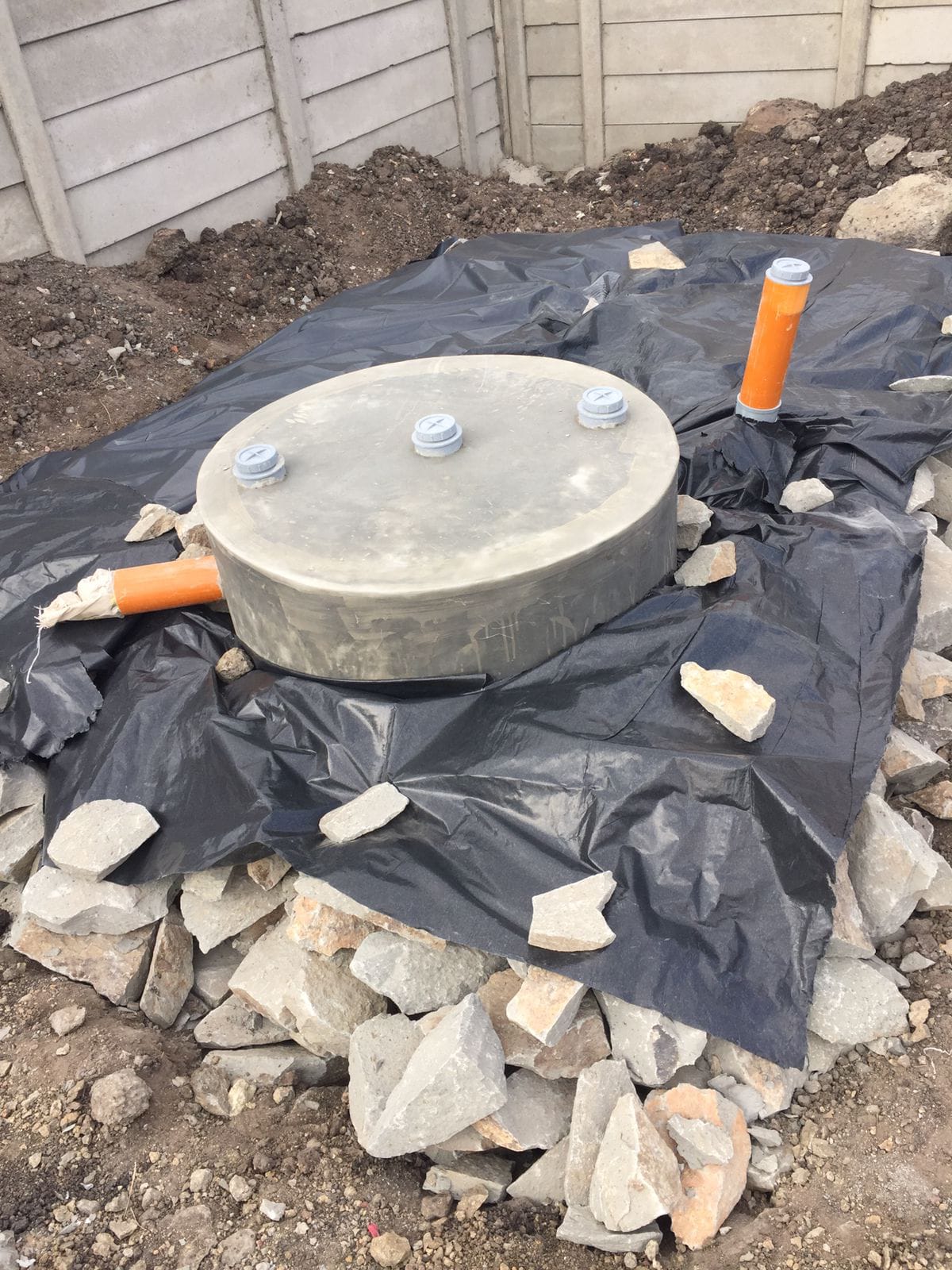
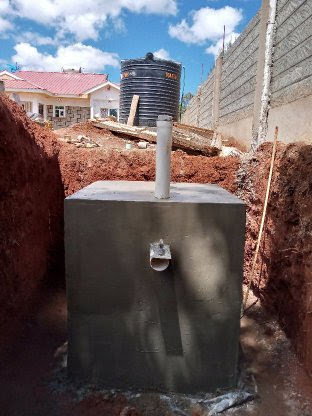
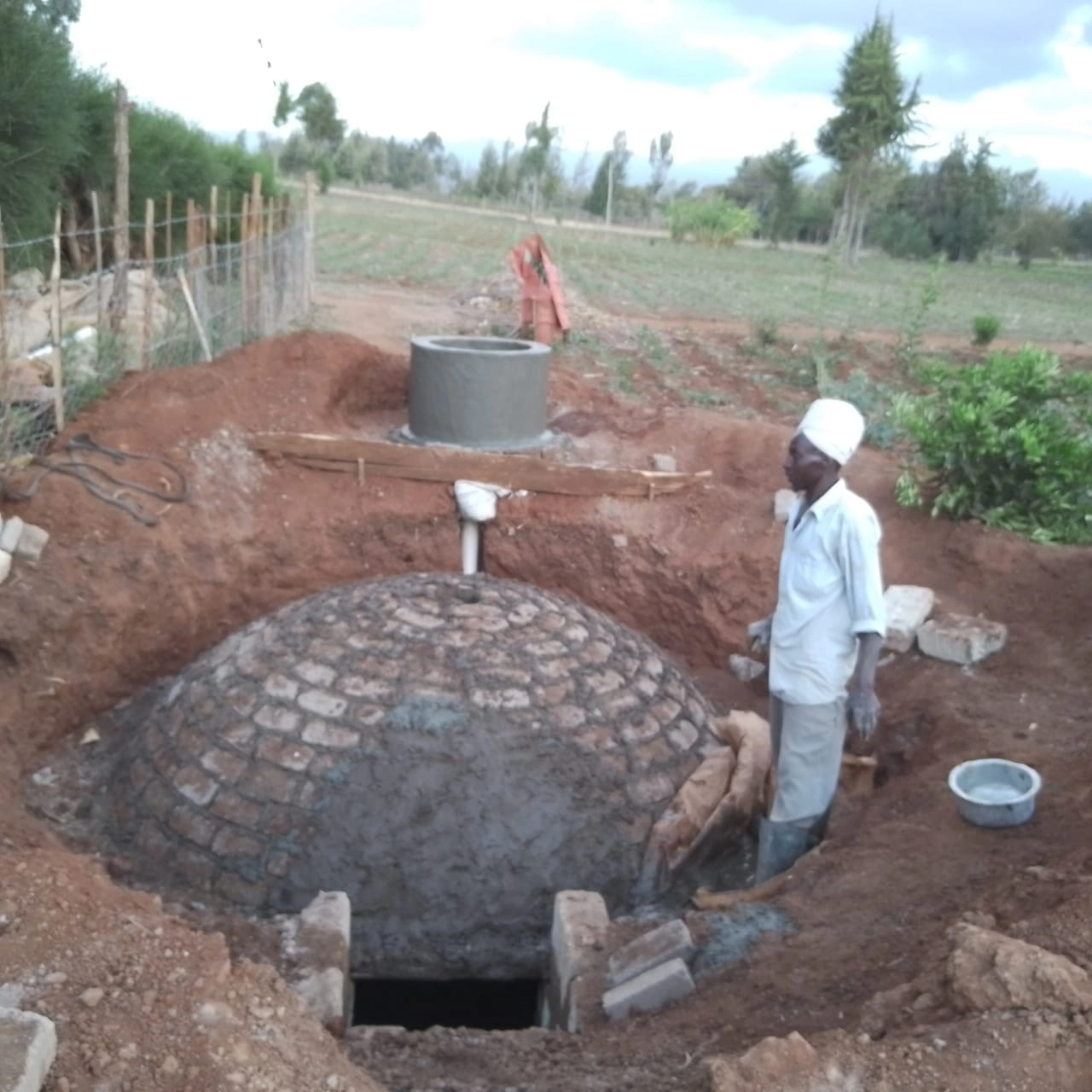
Faith KC
November 8, 2023 at 12:48 pmEverything is very open with a precise clarification of the challenges. It was really informative. Your website is useful. Thanks for sharing!
Watitu
January 24, 2024 at 1:27 pmA lot of blog writers nowadays yet just a few have blog posts worth spending time on reviewing.
My website: Good Job on this
McCoy
January 24, 2024 at 8:11 pmDefinitely, what a great blog and revealing posts, I definitely will bookmark your site. Best Regards!
Winnie
February 9, 2024 at 8:27 pmThis site definitely has all of the information I needed about this subject
My website: Online SEO Courses
Gertrude
February 13, 2024 at 7:05 pmYour articles inspired me to start this website. Check it out.
My website: Investments
Tonny
February 16, 2024 at 12:12 amThanks-a-mundo for the post.Really thank you! Awesome.
My website: My website
Ken
February 16, 2024 at 8:04 amI got what you intend,bookmarked, very decent website.
My website: My website
Anita
February 16, 2024 at 6:52 pmThis site definitely has all of the information I needed about this subject
Gregory
February 17, 2024 at 6:08 amMajor thanks for the article post. Much thanks again.
Vladimir
February 19, 2024 at 5:27 pmDefinitely, what a great blog and revealing posts, I definitely will bookmark your site. Best Regards!
Yakush
February 20, 2024 at 2:58 amMuchos Gracias for your article.Really thank you! Cool.